Charlotte Angels
Being An Angel.
An Angel is a successful high net-worth individual who invests his or her own money in start -up companies in exchange for an equity share of the businesses. Often the question arises regarding the difference between Angels and Venture Capitalist (VC). While both fall in the area of Private Equity Investors (PEI), there are some important differences:
Angels invest their own funds in a venture, while VCs generally invest the funds of other individuals and organization (e.g. pension funds, insurance companies, etc.).
Angels also invest in the early and very early stage of a company’s startup. VCs generally get involved much later in the company’s life cycle.
Lastly Angels usually invest (as funds) relatively smaller amounts in a company (anywhere from $50,000 to $200,000), while VCs generally take much larger position of several millions dollars.
So Who Are Angels?
Many Angels are former entrepreneurs themselves. They make investments in order to gain a return on their money, to participate in the entrepreneurial process, and often to give back to their communities by catalyzing economic growth.
Angels make a return on their investment when the entrepreneur successfully grows the business and exits it, generally through a sale or merger.
Angels tend to invest in companies that are located near them regionally (or to co-invest in a wider geography if a local investor they know and trust is involved).
Angels are an important and vital piece of the entrepreneurial community providing funding option in the very early stages of company’s startup.
Being A Member Of CAF.
CAF is a committed capital fund. This means that a member must invest a certain amount to buy into the fund. In addition members have the option of making additional non-fund dilutive investments in invested companies. This add-on option allow members the ability to participate more fully in companies/industries that they have experience or more direct interest in.
CAF is a member managed group, where each member is afforded a vote on all activities of the fund. Based on this model and desire of the fund to grow and operate properly the active participation by each member is strongly encouraged, but more importantly necessary. Being a member provides opportunities to participate throughout the investment process, including:
Sourcing deals
Screening potential portfolio companies
Monthly meetings with company presentations
Due diligence efforts
Board service
Mentoring entrepreneurs
Accredited Investor, SEC Definition
CAF requires that each member be an accredited investor. The federal securities laws define accredited investors in Rule 501 of Regulation D as:
a bank, insurance company, registered investment company, business development company, or small business investment company;
an employee benefit plan, within the meaning of the Employee Retirement Income Security Act, if a bank, insurance company, or registered investment adviser makes the investment decisions, or if the plan has total assets in excess of $5 million;
a charitable organization, corporation, or partnership with assets exceeding $5 million;
a director, executive officer, or general partner of the company selling the securities;
a business in which all the equity owners are accredited investors;
a natural person who has individual net worth, or joint net worth with the person’s spouse, that exceeds $1 million at the time of the purchase, excluding the value of the primary residence of such person;
a natural person with income exceeding $200,000 in each of the two most recent years or joint income with a spouse exceeding $300,000 for those years and a reasonable expectation of the same income level in the current year; or a trust with assets in excess of $5 million, not formed to acquire the securities offered, whose purchases a sophisticated person makes.
